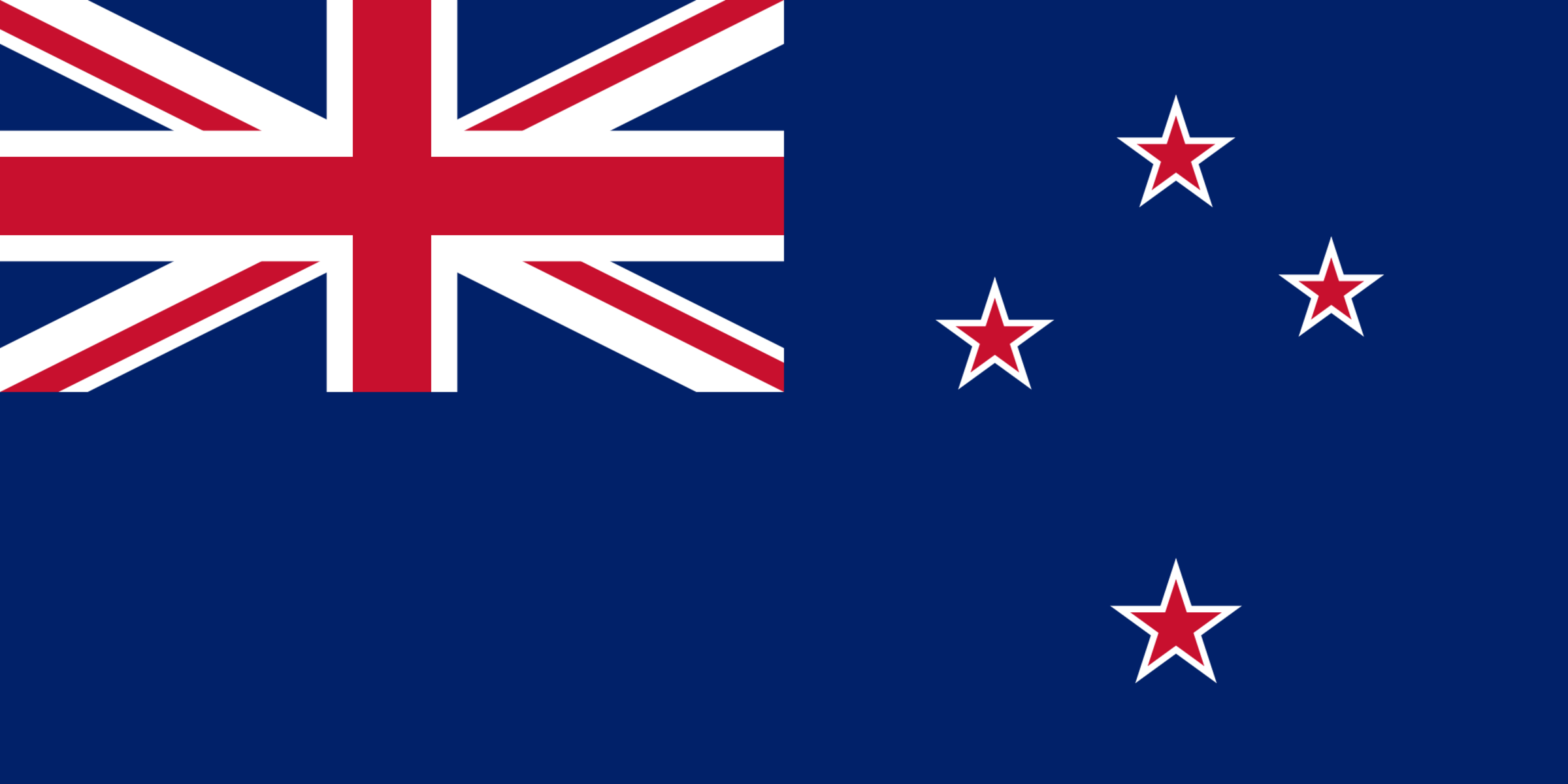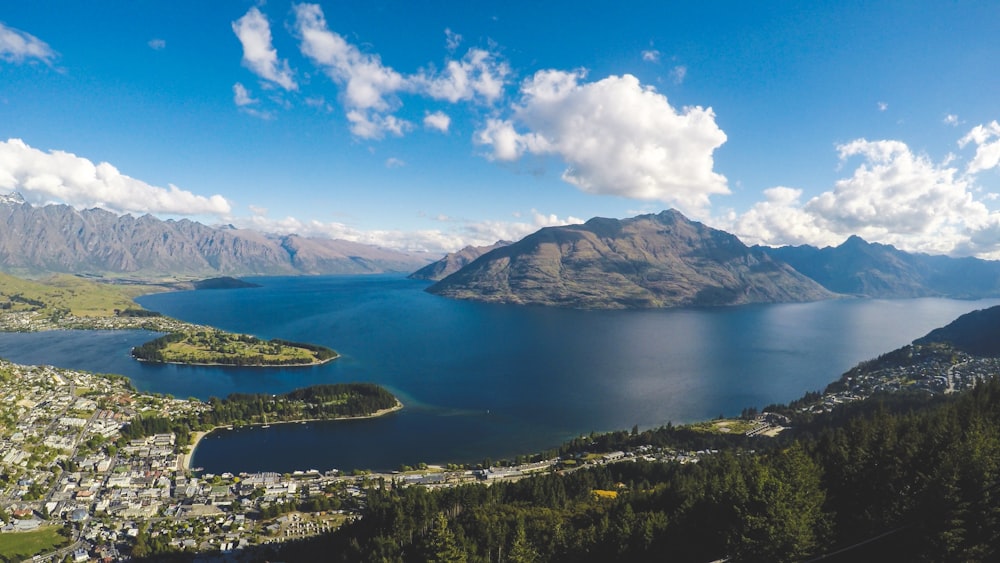
Retirees live in New Zealand
Successful retirement models are not unique to Europe. Thus, one cannot but pay attention to the positive experience of the USA, Australia, and New Zealand. The features of the appointment and payment of pensions in the latter will be discussed in the article below.
Initially, New Zealand was inhabited by the Polynesian Maori people, who now make up about 15% of the total population of the country. The overwhelming majority of New Zealanders are descendants of European settlers. Accordingly, the culture and social model in the country is extremely similar to the Australian one, being, one might say, its copy.
New Zealand is a country with a high standard of living. Social policy here is aimed at creating a welfare society. Retirees in New Zealand are fairly wealthy people. They are actively involved in public life in all its forms.
The number of persons of retirement age in the country is about 13% of the total population. This figure is quite low. Life expectancy for New Zealand citizens is quite high by world standards and is 81 years for women and 79 years for men. At the same time, retirees in New Zealand remain active as long as possible.
The structure of the pension system
The retirement model in New Zealand is fairly straightforward. Thus, the country has both public and private pension insurance. Let’s dwell on their nuances in more detail.
State pension insurance
In this country, there is a kind of analog of our compulsory pension insurance. Thus, every working citizen is considered insured and has obligations to make special contributions to the state pension fund from wages.
The amount of contributions to the state pension system differs and depends on the size of wages, the total income of the citizen, as well as some other factors. In general, it can range from 12% to 33% of the salary.
It should be noted that citizens who have never worked at all can count on the minimum amount of state pension provision. The same applies to foreigners who moved to the country for permanent residence. To receive a pension, they need to have lived in legal status in New Zealand for at least 10 years.
This rule, associated with the compulsory ten-year residence in the country for the appointment of a pension, does not apply to citizens of Australia, the USA, Canada, some Oceanian states with which New Zealand has relevant interstate agreements.
Private pension insurance
The system of non-state pension insurance in the country is centralized. There is a general commercial foundation called KiwiSaver. Within the framework of it, citizens are offered various programs for the formation of a private pension. So, most of them involve making additional contributions, the amount of which can range from 3% to 8%.
Employers are also actively involved in the formation of a non-state pension, which can transfer an additional 3% for their employees. For this, he is entitled to some tax breaks.
In the KiwiSaver system, a citizen has registered automatically after the start of employment. However, his participation in any program is not mandatory, therefore, the possibility of a voluntary exit from the system, as well as suspension of participation in it for valid reasons, is allowed.
It is legally established that citizens who form a pension in the KiwiSaver system cannot independently dispose of the accumulated funds. That is, it is impossible to withdraw them and spend at your discretion, except in special cases.
For example, this includes illness or a difficult financial situation. Besides, KiwiSaver savings can be used when purchasing real estate.
Retirement age in New Zealand
The retirement age in New Zealand is 65. It should be noted that the country has a rather high life expectancy, therefore, from time to time in the expert environment there are calls to consider the issue of raising the retirement age. The most optimal threshold, in this case, is 2 years.
Thus, there are prerequisites for the retirement age in the country to be 67 years. However, at the moment, no such decision has been made. Perhaps this is because the number of pensioners in the country is not very large relative to the entire population.
In general, the situation here is in many ways similar to neighboring Australia, which is a leading economic partner of New Zealand and neighboring island states of Oceania.
Payment amount
Pension amounts in this island nation are quite high. Further in the text will be given the amounts in the national currency of the country – New Zealand dollars.
A feature of pension payments in this country is that when assigning the amount of material support, the family status of a citizen is taken into account. So, it is accepted that married people receive less than single people. The income of the spouse and other family members in the aggregate is also taken into account.
Average and minimum
So, the average single New Zealand retiree can expect to receive $ 1,400 a month. Those who live with their families, as a rule, receive about $ 1,100 on hand. Given the level and standards of living in the island nation, the average pension is decent.
The minimum pension in New Zealand is about $ 400. As a general rule, it should not be less than 35% of the minimum wage.
Outcome
New Zealand is a developed, welfare state with a high level and standard of living. People retire here at the age of 65, while the average pension (which largely depends on the family status of a pensioner) is sufficient to lead an active and secure life.

